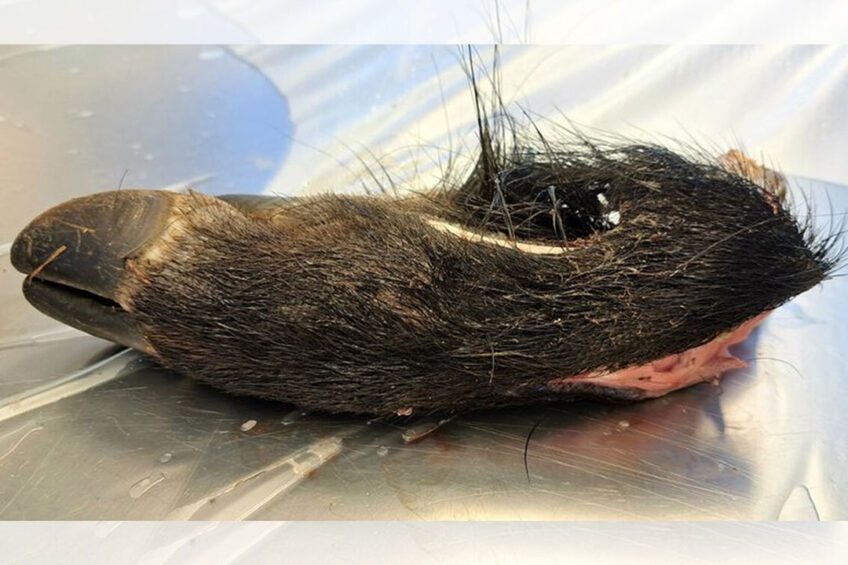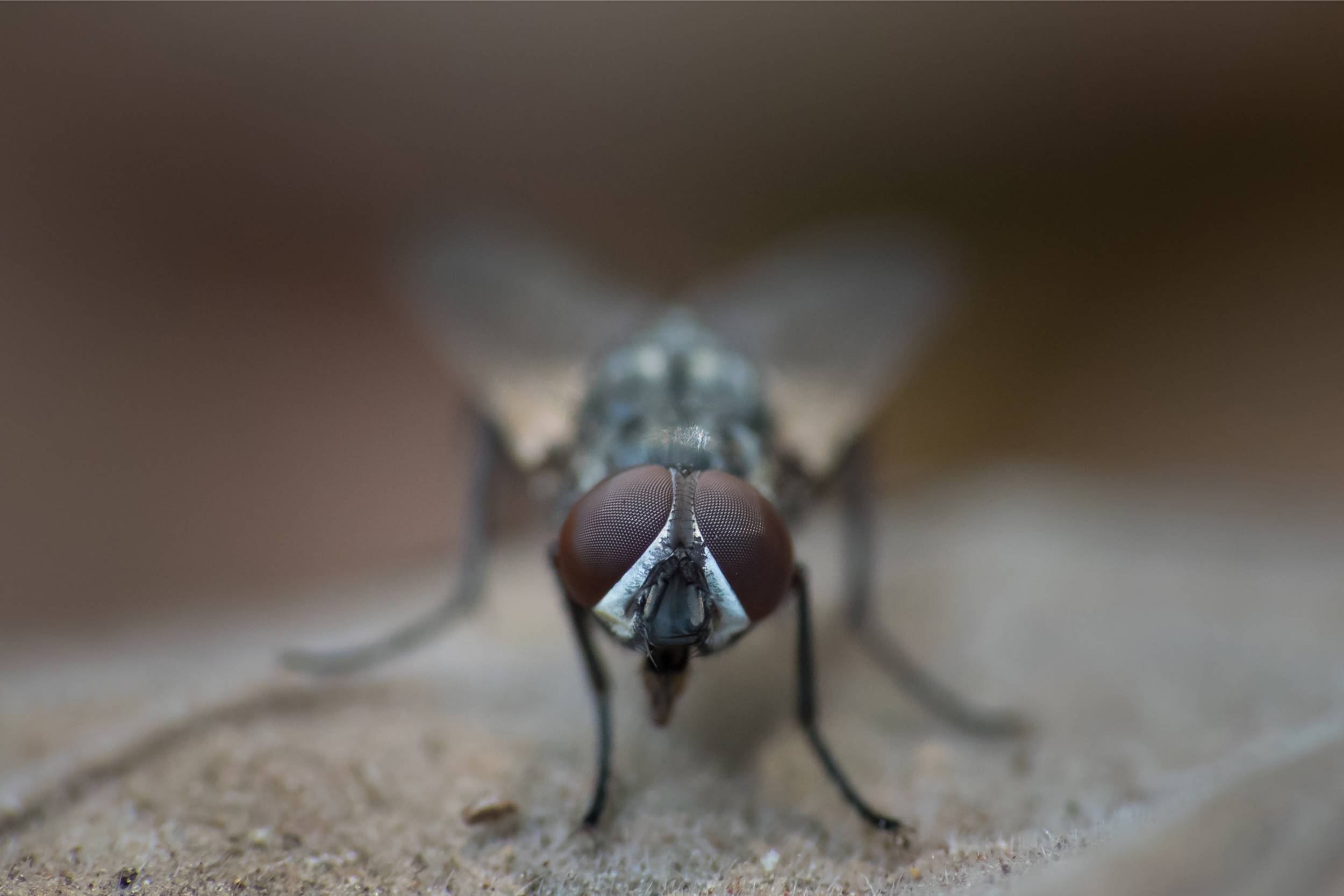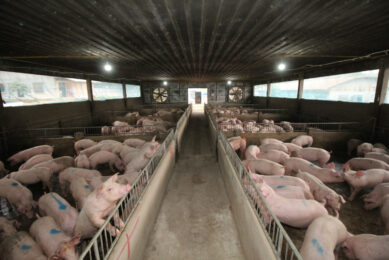ASF Sweden: Outbreaks found in 7 wild boar

African Swine Fever (ASF) has been detected in a sample from 7 wild boar found just south-east of Fagersta, a town at 145km north west of the capital of Sweden, Stockholm. It is currently not clear how the disease has travelled to Sweden.
Sweden’s National Veterinary Institute (SVA) shared the news on September 6, and the World Organization for Animal Health (OIE) confirmed the finding on September 8. Initially the detection of 1 infected wild boar was communicated, and by now 6 more were confirmed infected.
Lena Hellqvist Björnerot is spokeswoman of the Swedish Board of Agriculture. She commented, “We are now implementing the contingency plan we have had for a long time. We are also taking advantage of experiences from other countries that have been in a similar situation.”
Mapping in progress
One of the first measures will be for the responsible authorities to work with hunters’ organisations to find out the exact size of the affected area. That is done by searching for dead wild boar in combination with knowledge of areas which wild boar call their home. Within the affected areas, all human access will initially be prohibited, to avoid transmission through fomites or meat. In total an area of 1,000 km² has been identified as infection zone.
It is unknown what may have caused the outbreak. The hunting website Svenskjakt pointed to a landfill that attracted wild boar populations. Dr Karl Ståhl of the SVA said, “At present, we do not know how the infection came in but it is a long-distance jump from the nearest infected area in Europe and we therefore assume that it has been through humans and not wild boar. There is currently an extensive spread of infection in Europe. There are countries that have succeeded in eradicating the disease and that is our national goal.”
Reviewing biosecurity situation
The authorities have encouraged pig producers to review their biosecurity situation and contact a vet in case of signs of disease or increased mortality. In addition, the SVA called upon members of the public as well as hunters throughout Sweden, but especially in the area in question and in Västmanland, to report findings of dead wild boar via the website www.rapporteravilt.sva.se.











